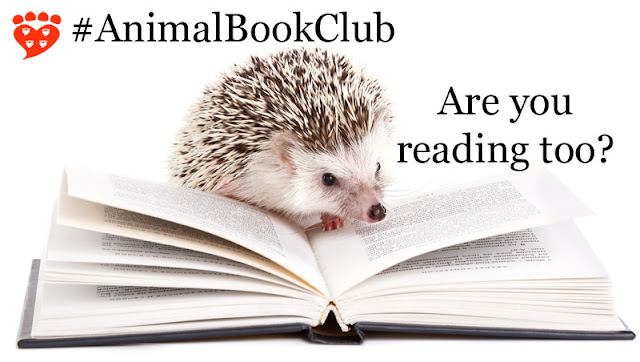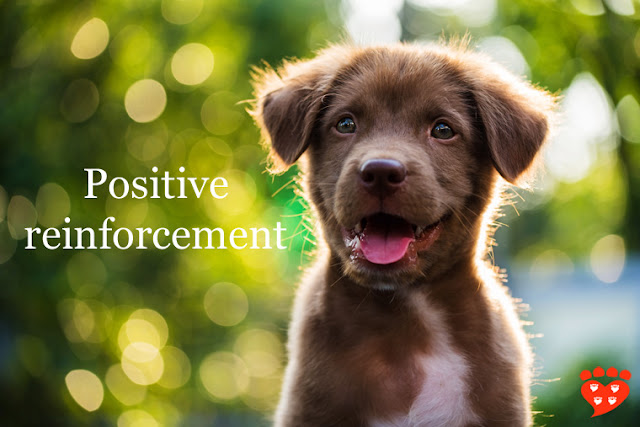Irresistible: Emotions affect choice of breed despite welfare issues

Knowing a breed of dog may have health problems does not stop people from wanting one, because emotions get in the way. A French Bulldog. Photo: Patryk Kosmider/Shutterstock By Zazie Todd, PhD This page contains affiliate links which means I may earn a commission on qualifying purchases at no cost to you. A new Danish study by Peter S Sandøe (University of Copenhagen) et al investigates the reasons why people acquire particular small breeds of dog and how attached the owners feel to their pet. The research helps explain why some breeds are popular despite a high incidence of welfare problems. The study looked at people in Denmark with French Bulldogs, Chihuahuas, Cavalier King Charles Spaniels, and Cairn Terriers. The results suggest that even knowing a dog of a particular breed is likely to have health problems may not stop people from getting one, because of their emotional response to the breed. Lead author, Peter Sandøe told me in an email,...







